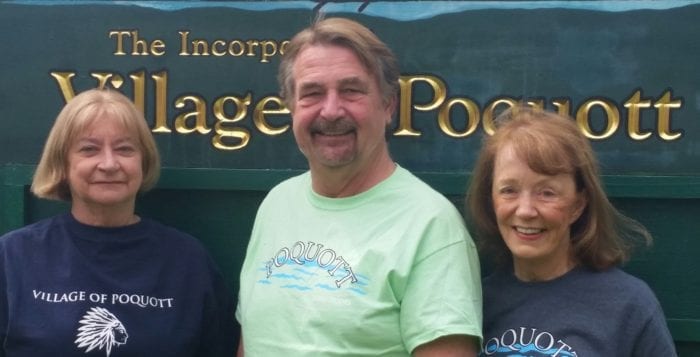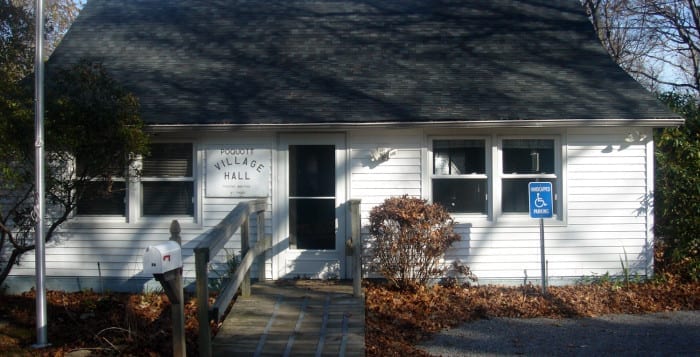On the eve of Father’s Day, here is an adventure story of a father along with a slice of little known history about the Civil War. His name was Newton Knight, he was a poor Southern farmer and he led a revolt against the Confederacy from deep in the heart of Dixie. Proving that not all residents in any one region think alike, Knight and as many as 1,000 other farmers in Jones County, Mississippi, waged an effective guerilla war against the Confederate troops and declared loyalty to the Union.
Whenever Confederate troops came after him and his band of like-minded white men, they would just melt away into the swamps of southeastern Mississippi and disappear to fight another day. Then, in the spring of 1864, “the Knight Company overthrew the Confederate authorities in Jones County and raised the United States flag over the county courthouse in Ellisville,” according to an article in the March issue of the Smithsonian magazine. “The county was known as the Free State of Jones, and some say it actually seceded from the Confederacy,” the article maintains. There will soon be a movie about this remarkable footnote of history, to be called “Free State of Jones,” starring Matthew McConaughey as Newt Knight.
By all accounts, Knight was a remarkable military leader. He certainly was a remarkable father, who had nine children with his first wife, Serena, who was white and from whom he eventually separated. He also had five children with his grandfather’s former slave, Rachel, entering into a scandalous common-law marriage, and according to the magazine, “proudly claiming their mixed-race children.”
Jones County was poor at the time of the Civil War, with only 12 percent of its population made up of slaves, which probably somewhat explains its lack of loyalty to the Confederacy. It also was marked with what the Smithsonian article calls “a surly, clannish independent spirit.” Today it is 70 percent white, still rural and its inhabitants earn low or modest incomes. And while there is a Confederate monument next to the columned courthouse in Ellisville, there is no mention of the anti-Confederate rebellion that Knight led. In fact, Jones County is described by some of its inhabitants as the most conservative place in Mississippi now, and some disown Knight.
Yet some of the younger people in the county think of Newt Knight “as a symbol of Jones County pride,” according to the article. “Knight was 6-foot-four with black curly hair and a full beard—‘big heavyset man, quick as a cat,’ as one of his friends described him. He was a nightmarish opponent in a backwoods wrestling match, and one of the great unsung guerilla fighters in American history. So many men tried so hard to kill him that perhaps his most remarkable achievement was to reach old age.
‘He was a Primitive Baptist who didn’t drink, didn’t cuss, doted on his children and could reload and fire a double-barreled, muzzle-loading shotgun faster than anyone else around,’ said a local historian. ‘….There’s good evidence that he was a man of strong principles who was against secession, against slavery and pro-Union.’”
Knight actually enlisted with a group of locals in the Confederate Army at the start of the war; a biographer speculated that he relished being a soldier. But many of them, including Knight, deserted from the Seventh Battalion of Mississippi Infantry after the passage of the “Twenty Negro Law,” which exempted one white male from conscription for every 20 slaves owned on a plantation, making it what locals called “a rich man’s war and a poor man’s fight.” When they returned home, they found the Confederate authorities where taking what they wanted from the wives in the name of the war effort—“horses, hogs, chickens, meat from the smokehouse and homespun cloth.” There was a mass meeting of the deserters, and they organized themselves into the Jones County Scouts. Knight was unanimously elected their captain. They vowed to resist capture, defy tax collectors, defend each other’s homes and farms, and do what they could to aid the Union.
Their ranks swelled, they waged guerilla warfare successfully against the Confederate war effort, and that is the way they, led by Newton Knight, entered the history books.









